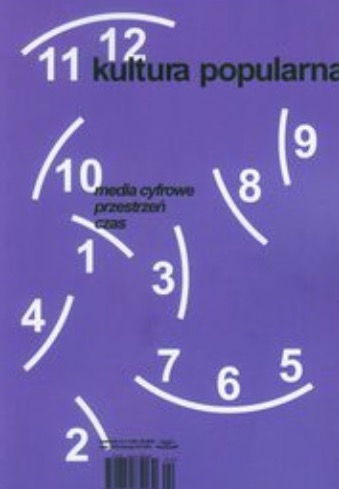Transgresja artystyczna w przestrzeni publicznej
Artistic Transgression in Public Space
Author(s): Jadwiga CharzyńskaSubject(s): Anthropology, Media studies, Visual Arts, Communication studies, Cultural Anthropology / Ethnology, Culture and social structure , Sociology of Culture, Sociology of Art
Published by: Szkoła Wyższa Psychologii Społecznej
Keywords: popular culture; taboo; transgression; social change; Outside Gallery; permanent art work; contemporary art; artistic transgression
Summary/Abstract: The phenomenon of transgression is an inherent feature of art as one of its most important factors, and it concerns both formal issues, as well as poetics. Presenting my reflections I would like to trace the process of social changes related to the rebuilding of the places in which we, as an institution, work. For, transgression does not have to be a shock therapy for the viewer. Does transgression mean provocation? In 2005 we have begun to realize the project called Outside Gallery of the City of Gdansk which addresses both artistic and social problems. Announcing the first edition of the international competition for the permanent art work in public space, we also initiated educational activities. In 2008, as the first project, there was made “LKW Gallery” (by Lex Ricker and Daniel Milohnica), becoming an important element of social change, and the last work, “Amber Drops”, (by a Swiss duo of Fred Hatt and Daniel Schlapfer) has also become an experimental plot for the use of LED technology. As an institution dealing with presenting contemporary art that changes our physical environment, enters the streets and backyards, and merges with the global changes induced by scientific development, in 2011 we have initiated a project called “Art & Science meeting”. To sum up: the issue of breaking the taboo in contemporary art is addressed often, yet the attempts to enter the “forbidden” zones are rarely of a full and in‐depth fashion. It should not be taken as criticism, it is just a statement of the fact that taking up issues which somehow concern ethical spheres treated dogmatically is very di cult, and it requires not only knowledge but most of all awareness and artistic maturity. For, artistic transgression does not have to mean that which is commonly understood as shocking or spectacular.
Journal: Kultura Popularna
- Issue Year: 34/2012
- Issue No: 04
- Page Range: 22-31
- Page Count: 10
- Language: Polish

